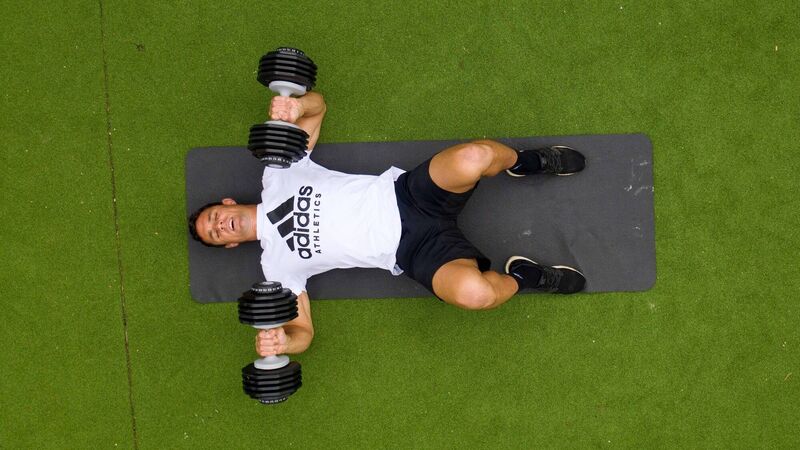Ronan O’Gara: Extraordinary thing about Dan Carter? How ordinary he is

Dan Carter training in isolation at his Auckland home during the Covid-19 level 4 lockdown in April 2020. ‘The more time I spent with my family, the more I realised that I’ve clocked off. Now is the time to commit to that decision,’ he said recently.
One didn’t necessarily need to strike up a friendship with Dan Carter to appreciate just how similar New Zealanders and Munster people tend to be. But several moments over the course of our time together in Paris helped to confirm and cement that impression.
By the time I landed in Christchurch after Racing 92 to begin work with the remarkable, ordinary folk at the Crusaders, the personality traits were instantly recognisable from dealing with Carter.










